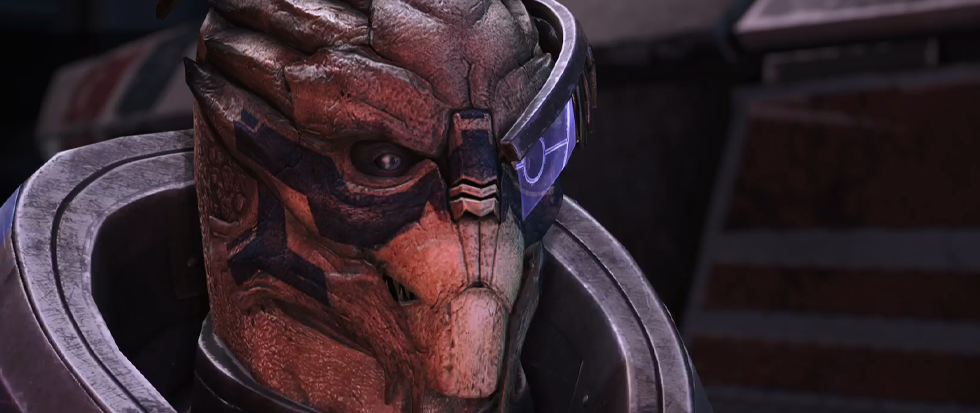
Being Willfully Bad at Games
I only know how to talk about games in the negative space of toxic gamer culture. I first came to games as an older teenager (excepting some time with the licensed SpongeBob games on PS2), and with that, I was first introduced to games like Call of Duty, and Halo, and party chats that used the language of sexual assault to crow about owns. With only the barest game literacy, and some poor genetic luck, I was bad at these games.
I had a choice: I could embrace the spirit of competition, ‘get good’, and be a better gamer than any of these guys combined. Or, I could reject the entire premise and wear being ‘bad at games’ like a crown. Gaming was now about carefree fun, and I delighted in playing games for the first time that were aesthetically appealing, that had romance options, that were short and sweet and slightly adorable.
Being ‘bad at games’ was partly a statement of intent: I will not get good and I don’t care to try; I refuse to compete, to view playing as domination, with all the toxicity attached to that; I’m prioritising values that toxic games culture rejects. It is also, partly, literally true. My joints are unstable, my reaction time is poor, and I don’t parse rapidly changing information well. At first, it was a healthy boundary that let me make room to explore my interests and defy the cultural pressure about what playing games *meant*. Years later, when games that are simply ‘cute’ are less novel, and my tastes are more complex, being ‘bad at games’ lingers as a defensive reflex that makes it harder to talk about the experiences I value now.
In conversation, I often cite my favourite RPGs as having stories that make me cry, or characters I’m married to. Emphasising the romance is very firmly placed in that rejection of toxic gamer culture, and while it’s true that I’m not concealing a secret love of fantasy RPG Dragon Age’s gunfeel, the emotional core is only a secondary priority.
I play RPGs the same way I do strategy games – almost iteratively, paying attention to route variations, picking at underlying design systems, and imposing challenges on each playthrough. But I’m loath to admit this, because it reminds of the oddly confrontational conversations I had with people who thought NPC romances were ‘stupid’. I’d rather be the person who jokes about having a tiny shrine to Garrus Vakarian in my bedroom than appear to be That Guy – the person who takes it too seriously, where ‘taking it seriously’ seems inextricable from being hostile to those who don’t.
Being disabled additionally complicates this, because there is the layer where I’m not just deflecting – I am not mechanically adept at some games, and that doesn’t mean that I don’t want to play them. Even (especially!) the challenging ones. There is an oddly frequent suggestion – typically from games enthusiasts, rather than disabled players or accessibility experts. What if all games had a true ‘story mode’ where you couldn’t fail? A way to enjoy the narrative, the atmosphere, and the world constructed in front of you, without threat of stalling or failing out. And I have to ask myself, if that was the only experience available to me as a disabled player… is it one I would value?
My teenage self would have said yes – and further, why not adorn the Chief in flowers? Why military green? Why not a tend-and-befriend game? And while there are critics who do very validly raise the question of why first-person shooters have to be the genre of our tentpole games, tend-and-befriend gameplay deserves better advocates than players alienated from games culture. Challenging games, too, deserve better representatives than those who would position gendered values and disabled bodies as inherently oppositional to games.
Ruth Cassidy is a writer and self-described velcro cyborg whose DMs are open for pictures of mountains & your cats. Direct them to twitter @velcrocyborg





